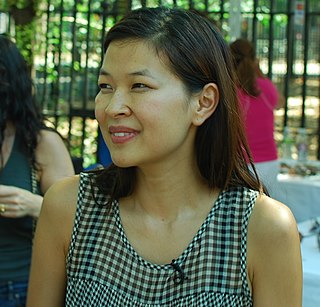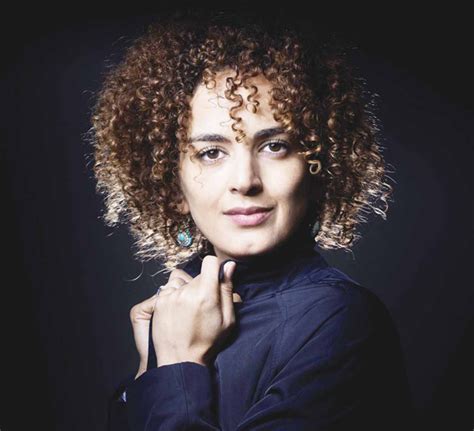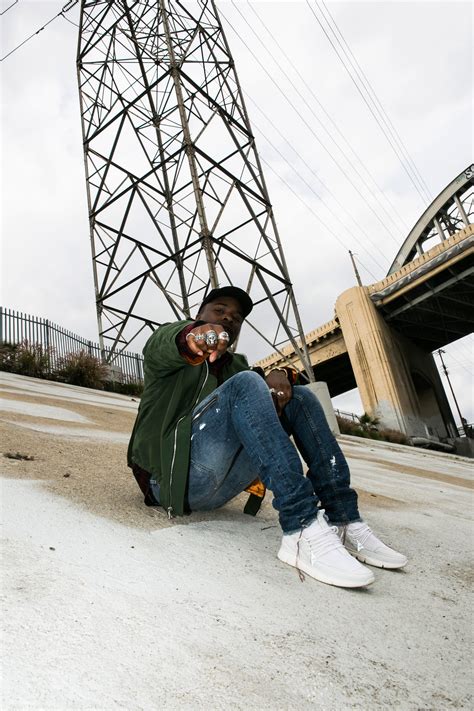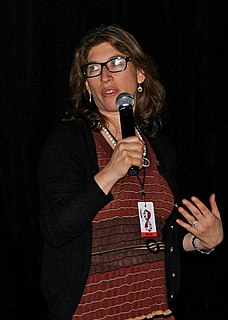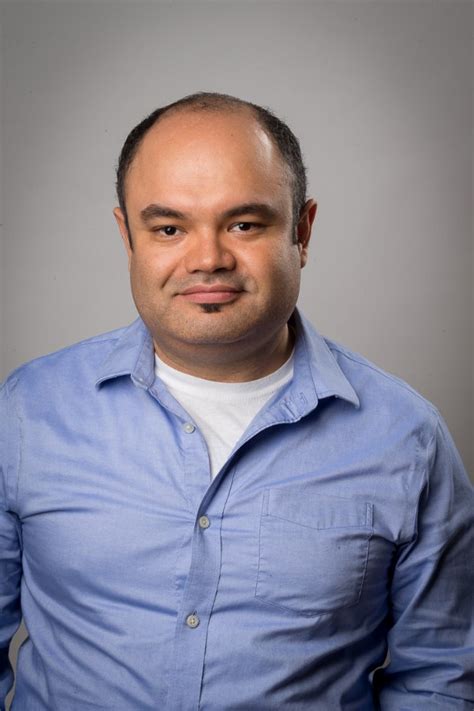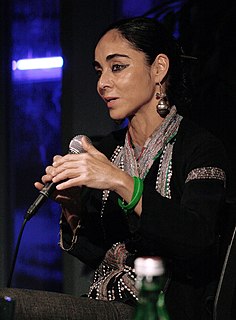A Quote by Su-chin Pak
Conversations about money, culture, power, class - it's at the center of my identity. I think it's a combination of being born to immigrant parents, growing up relatively poor, and really living in a world where formal institutions, like banks and anywhere that you had to sign a contract, was really feared and avoided at all costs.
Related Quotes
I grew up in a middle class household with parents, went to good schools, and never feared for anything, never wanted for anything that was really important. For all of us living in this world, all of us who have the resources, for us to not dedicate ourselves to giving something back, is to leave the world a lesser place.
I'm a product of state schools. I had a working-class family. We had no books. I was the first to go to college. But I didn't really think about it, or about making money. I was just going to be an artist, and I've been fortunate. I've never had to work for anybody nor have I had to write for money. Maybe that's another reason that I've been able to be productive. I haven't had to use my writing to make a living.
Hip-hop has been so important in my work, because it speaks to the idea of money being tied to cultural capital in an honest and transparent way. When I was growing up in LA, money was equivalent to class, and it was a passport. Hip-hop emphasizes that, but Hollywood and show business bear it out. If you have money, there really is no barrier to social mobility. There are still social clubs in Newport where you can't get in even if you have money, but that is really rare.
I'm living in a dream. I really consider myself really lucky. I was born and raised in Guatemala, in a village, where to go to the market you have to take two buses or drive about 20 minutes if you are lucky enough to have a car. I grew up very, very poor and I didn't even know that being an actor could be a career.
Those of us living in the state of in between have certain advantages and disadvantages. The advantage of being exposed to a new culture and in my case the freedom that comes with living in the USA. The disadvantages of course being that you will never experience again being a center or quite home anywhere.
Given the fact that poverty is growing, more and more Americans are losing health insurance, health care costs are going up, the middle class is shrinking, the gap between the rich and the poor is growing wider. That speaks to the weakness of the opposition. People do not like George W. Bush. But I think it's fair to say that they are not flocking to the Democratic Party, or see the Democrats as a real alternative.
